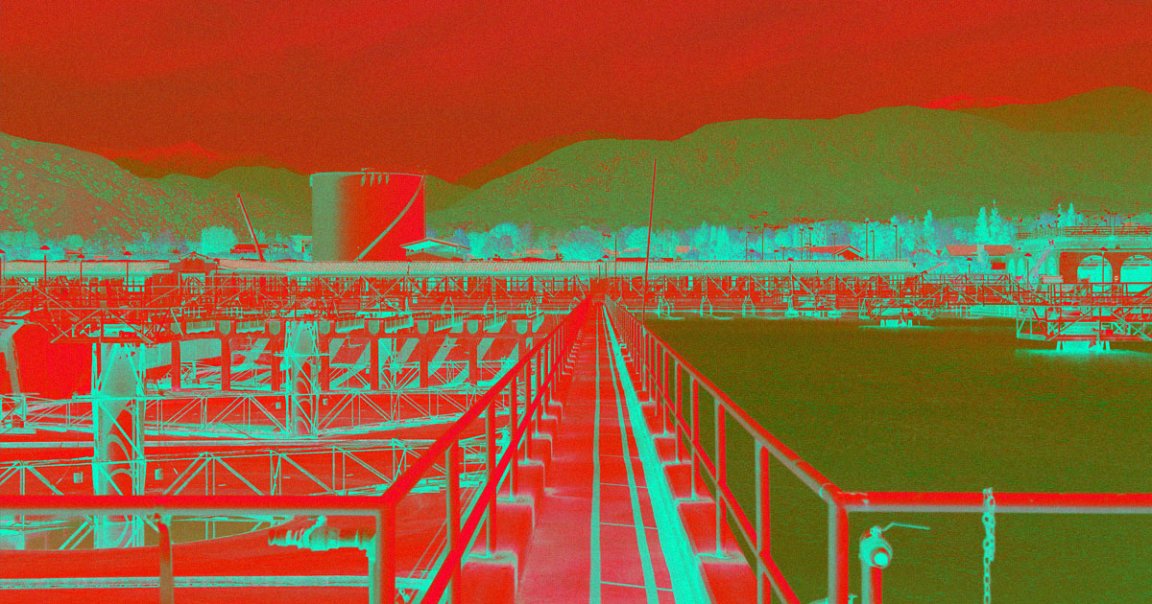
According to a new study, Australian researchers were able to detect the presence of the coronavirus SARS-CoV-2 in wastewater — potentially giving public health officials a new way to track outbreaks.
The news comes after a different team of scientists found the virus in Paris sewage. They claim to be the first to show a peak in coronavirus concentrations in waste before hospitals noticed a surge in cases, as outlined in a preprint paper — suggesting that monitoring wastewater could be a cheap and effective way to monitor the spread of the pandemic.
“This visibility is also going to help us predict a second wave of outbreaks,” Sébastien Wurtzer, a virologist at Eau de Paris, the city’s public water utility and author of the French study, said in a statement.
The good news is that while there are traces of the coronavirus in the wastewater, the virus itself tends to degrade quickly. Studies suggest that it doesn’t often spread through fecal matter.
A collaboration between a number of US institutions and biotech company Biobot found that by analyzing samples from over 100 sewage treatment facilities in 30 states, they were able to form accurate snapshots of the outbreak in local communities, according to The Verge.
“In late March, we published a paper outlining that work on samples collected in the Massachusetts area,” president and c-founder of Biobot Newsha Ghaeli told The Verge.
“We were able to successfully detect the virus and start quantifying the amount of virus that we were seeing,” Ghaeli added. “Public health departments could use this information to refine their response and to understand the true scope and magnitude of the outbreak.”